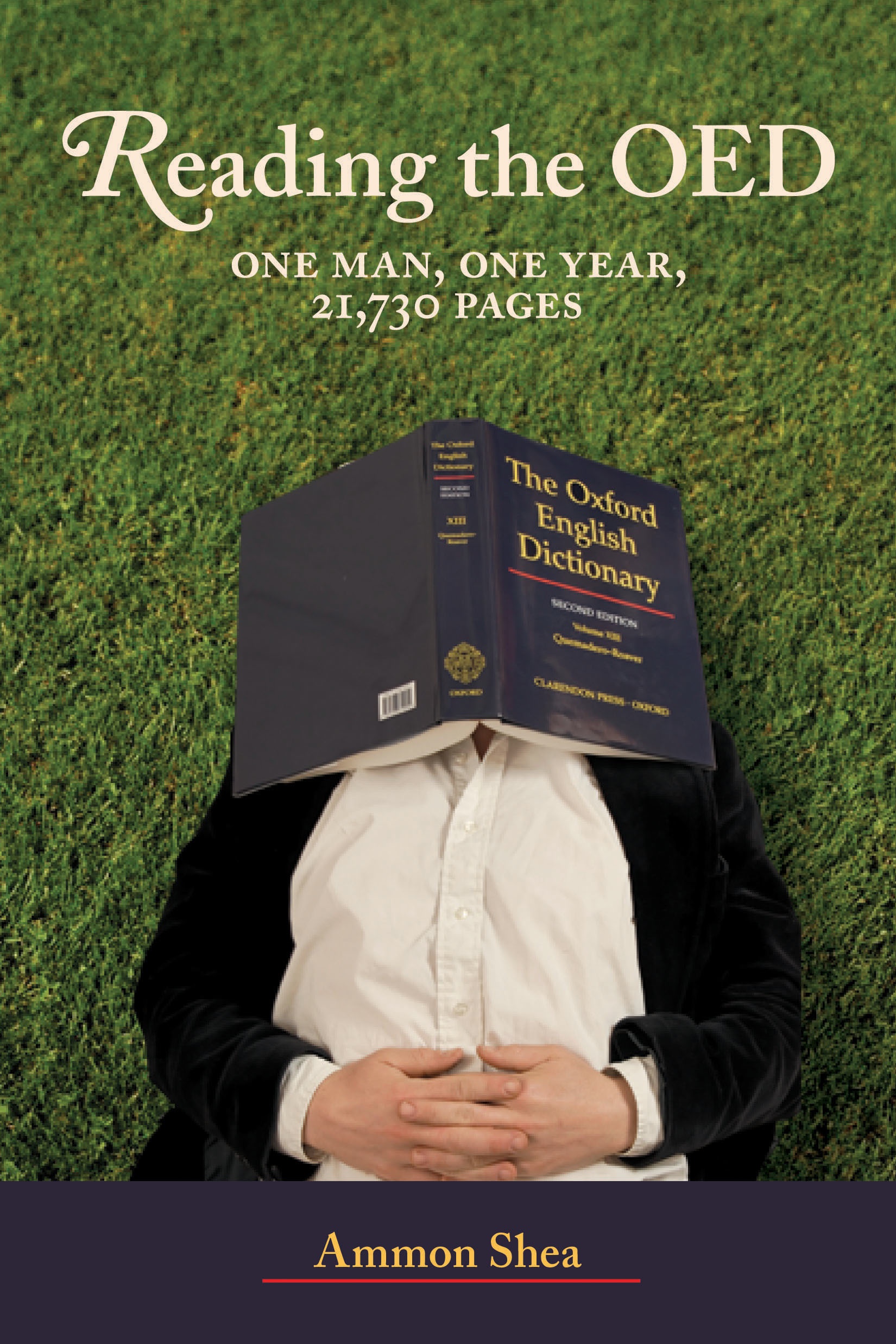The problem of writing from real life events
I’m still looking for a new story, so I’ve been mining events in my life, just writing. For example, my son had to take a Parenting class in 9th grade and there were at least three hysterical stories from that class, including one egg-baby named Adolf. When I stopped to evaluate what I wrote, though, they were very flat. Fortunately, Thaisa Frank and Dorothy Wall explain why in Chapter 23 of Finding Your Writer’s Voice: A guide to creative fiction. This is what I learned.

Problems with turning life into fiction
- Too faithful a telling. Often writers cling to events because “they really happened.” So what? That doesn’t mean the event will successfully become a fully developed story. To turn life into fiction, you must be willing to turn loose of the “reality” to find the “truth” in the fiction.
Suggestion: Try to deliberately change one major thing in a story. For example, change the setting. Look for the larger story embedded in the event that keeps you coming back to the event.
- Too few details. Sketchy. Because life stories are often told to friends who already know you, your life, your situation, life stories are often told in a shorthand. Fiction, though, must assume an audience who knows nothing beyond what is on the page.
Suggestion: To change life into fiction, work hard to describe everything in detail. You can edit out some later, but start by giving way too much, so the story is grounded.
- Point of view problems. The narrator (you) is also a character in the story. But when you write the anecdote and try to remove yourself, the story is boring; at best, it’s flat. You must find a way to endow the story with fully-developed characters separate from yourself, including the first-person narrator. Developing that first-person character on the page is important and often neglected when telling something that “really happened.”
Suggestion: Removing the first-person narrator and write it in third person is also an option. Evaluate how well the incident might work as fiction. Or write it from first person, but change something significant about the narrator: age, sex, culture, etc.
- Too slight an event, not yet a plot. Sometimes, it’s just a running gag in your family; or perhaps a “cute” moment in your child’s or grandchild’s life. But remove the sentiment and it has no lasting entertainment value and no enduring themes or ideas.
Suggestion: Look
Ammon Shea recently spent a year of his life reading the OED from start to finish. Over  the next few months he will be posting weekly blogs about the insights, gems, and thoughts on language that came from this experience. His book, Reading the OED, will be published by Perigee in July. In the post below Ammon, an expert dictionary reader, ponders Mayor Bloomberg’s dislike of the word “maintain”.
the next few months he will be posting weekly blogs about the insights, gems, and thoughts on language that came from this experience. His book, Reading the OED, will be published by Perigee in July. In the post below Ammon, an expert dictionary reader, ponders Mayor Bloomberg’s dislike of the word “maintain”.
Michael Bloomberg does not like to hear the word ‘Maintain’
Earlier today I read a short article in the New York Times about the unfortunate reaction that the mayor of New York City had when a reporter asked a question that began with the four words “Mayor, you maintain that…”
The offending reporter did not get much further in his query, as Michael Bloomberg (the offended mayor) cut him off. The Times quotes the mayor as saying “’Maintain’ is a word I don’t think is appropriate, sir. Next time you have a question, you want to insinuate that I lie, just talk to the press secretary.”
As a native New Yorker, I was delighted when I read this; Mr. Bloomberg does high dudgeon quite well, and it’s always a pleasure to see him vent some spleen at a press conference. Also, it was mystifying to me why he took such umbrage as the use of this word, and now I could occupy the rest of my evening trying to figure out if there are current pejorative meanings of ‘maintain’ of which I am unaware, or if Bloomberg is touched in the head.
Slightly later in the exchange between mayor and reporter, Bloomberg is quoted thusly: “’Maintain’ is a word that has an implication-“, but as he does not finish this sentence it is not clear what this implication is. So I began trolling through dictionaries, to see if I could discover just what made him so testy.
None of the dictionaries that I looked in had any current meanings for ‘maintain’ that seemed to be negative, nor did any describe it as having an implication of any kind. The most recent use of ‘maintain’ used in a negative fashion that I saw was in the OED, sense 1b. (‘With infinitive: to assist, encourage, incite (a person) to do something, esp. something evil; to support or uphold (a person) in doing it’), and the most recent citation that is listed for this is from 1626, so I do not think that this is what twisted the mayor’s knickers.
Sometimes when a word or a meaning is missing from the dictionary it is due to the fact that its usage is too recent to have been included. But I do not think that is the case with ‘maintain’, especially as this particular entry was revised in March of 2008, which in lexicography is about as fresh as it gets.
I suppose that there is always the chance that the reporter enunciated the word in a way that gave it added meaning; perhaps on the second syllable there was that slight elongation and raised tone that can add a layer of implication to the most innocent of words.
Maybe there is a negative connotation to the word ‘maintain’; one of which I am unaware, and the dictionaries do not record. Maybe it’s too slight a shade of innuendo for them to record as a definition.
Or it could also simply be that Mayor Bloomberg does not like to hear the word ‘maintain’, and chose to interrupt this reporter as a way of expressing his displeasure. I think that’s perfectly acceptable – I don’t like it when I hear people use the word ‘defenestrate’. And if I were the mayor of New York I would immediately cut off any reporter that I heard using that word.
ShareThis

 How to Write a Picture Book. Ebook, immediate download. $10.
How to Write a Picture Book. Ebook, immediate download. $10.




